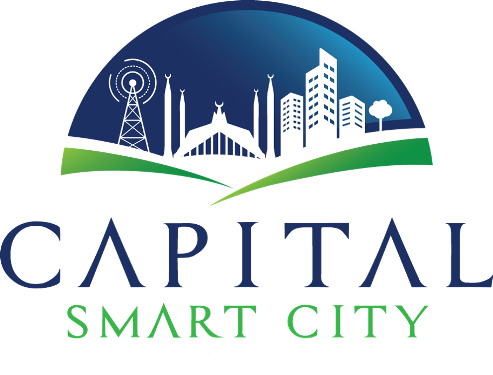The Key to a Thriving Smart City
Smart governance is a critical component of any smart city. It is the use of technology and innovation to improve the efficiency, transparency, and accountability of government operations. Smart governance can help to reduce corruption, improve citizen engagement, and create a more responsive and effective government.
There are many different ways to implement smart governance initiatives. Some common examples include:
- Electronic government (e-government): E-government is the use of information and communication technologies (ICTs) to deliver government services to citizens and businesses online. This can include things like online tax filing, passport applications, and building permit processing.
- Open government: Open government is the practice of making government data and information more accessible to the public. This can help to increase transparency and accountability, and promote citizen participation in government decision-making.
- Data-driven decision-making: Data-driven decision-making is the use of data and analytics to inform government policy and programs. This can help to ensure that government resources are allocated more effectively and efficiently.
Smart governance initiatives can be implemented at all levels of government, from local municipalities to national governments. In the context of smart cities, smart governance is particularly important because it can help to create a more efficient and responsive government that is better able to meet the needs of its citizens.
How Smart Governance Can Benefit Pakistani Cities
Smart governance can have a number of benefits for Pakistani cities, including:
- Improved efficiency: Smart governance can help to streamline government processes and reduce bureaucracy. This can make it easier and faster for citizens to access government services.
- Increased transparency: Smart governance can help to make government operations more transparent and accountable to citizens. This can help to reduce corruption and build public trust in government.
- Enhanced citizen engagement: Smart governance can make it easier for citizens to participate in government decision-making and hold their elected officials accountable. This can lead to better governance outcomes for everyone.
Examples of Smart Governance Initiatives in Pakistan
There are a number of smart governance initiatives that are already underway in Pakistan. Some examples include:
- The e-Pakistan initiative: The e-Pakistan initiative is a government-wide effort to digitize government services and make them more accessible to citizens online.
- The Open Data Pakistan portal: The Open Data Pakistan portal is a central repository of government data that is open to the public.
- The Pakistan Citizen Engagement Platform: The Pakistan Citizen Engagement Platform is a web-based platform that allows citizens to participate in government decision-making and hold their elected officials accountable.
These are just a few examples of the many ways that smart governance is being implemented in Pakistan. As smart cities continue to develop across the country, smart governance will play an increasingly important role in ensuring that these cities are efficient, transparent, and responsive to the needs of their citizens.
